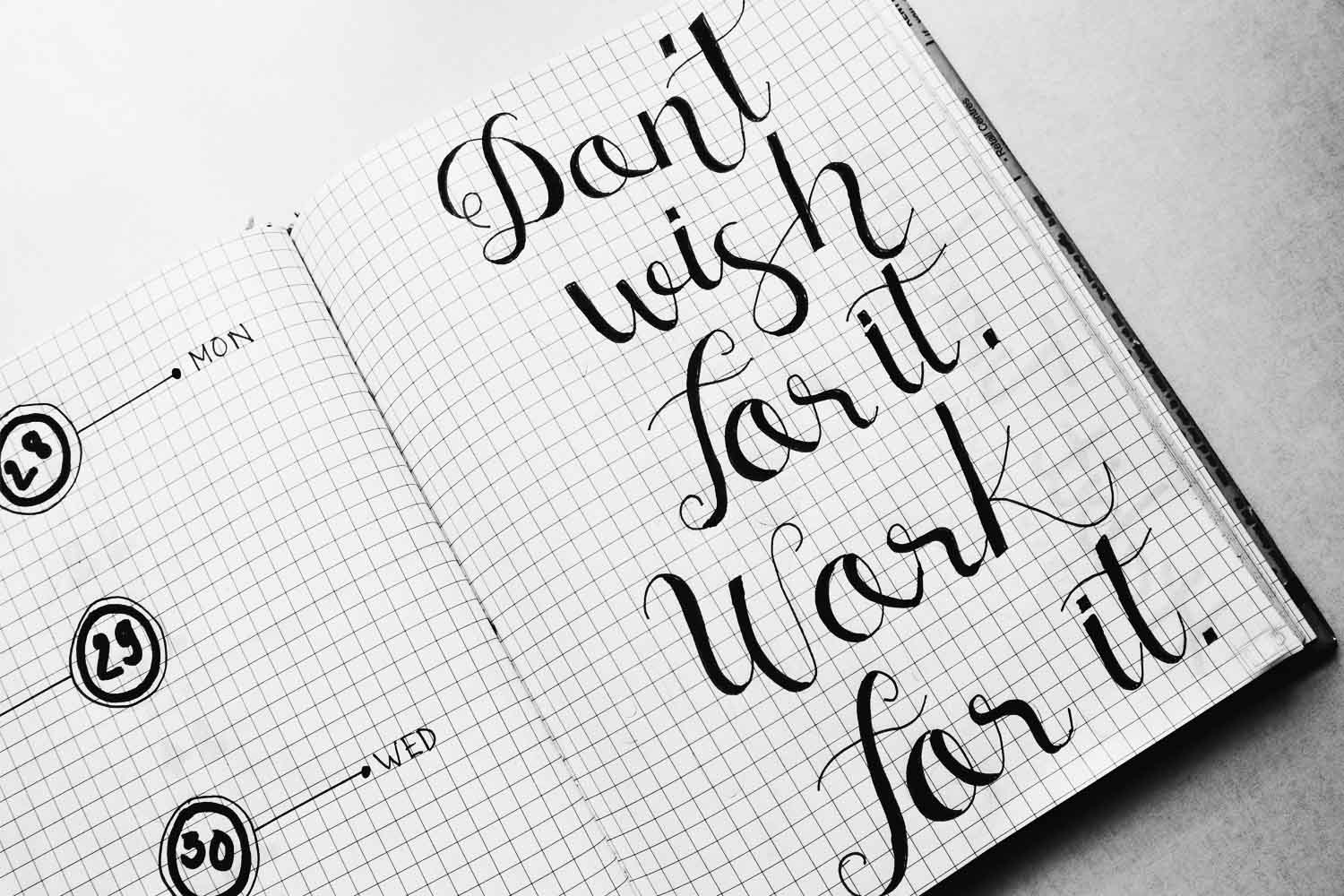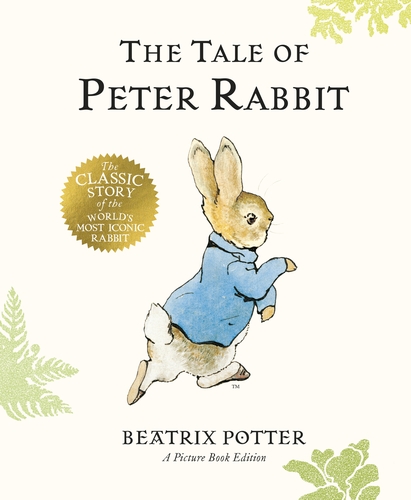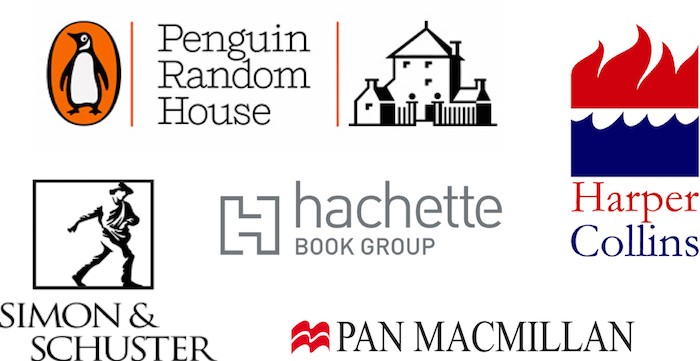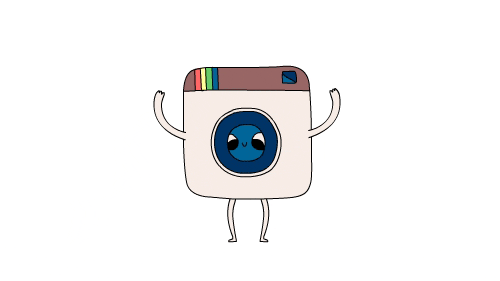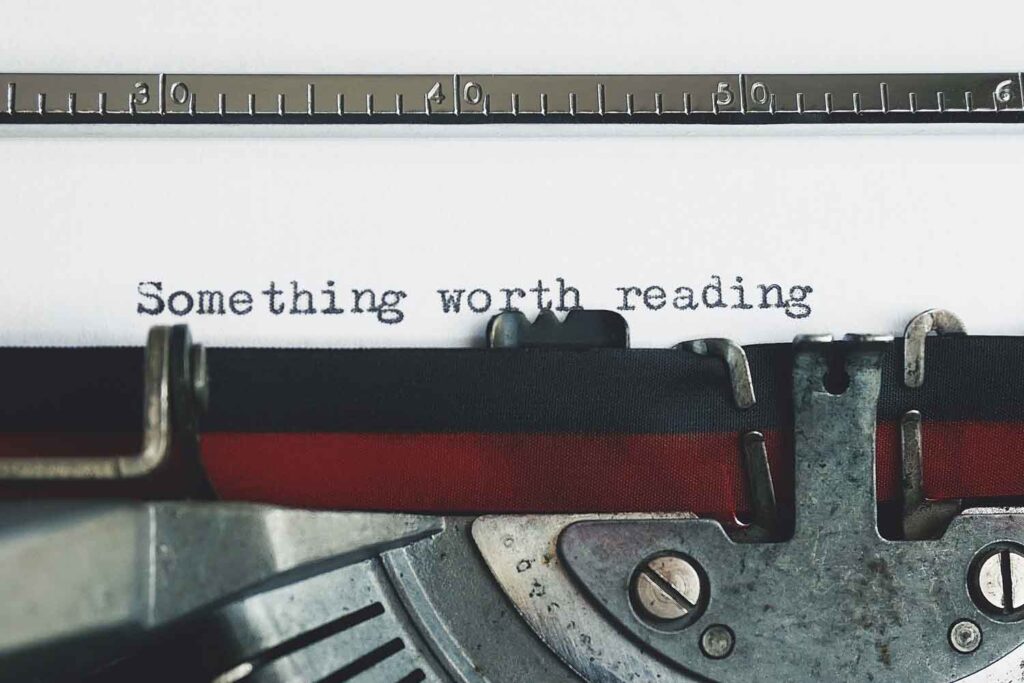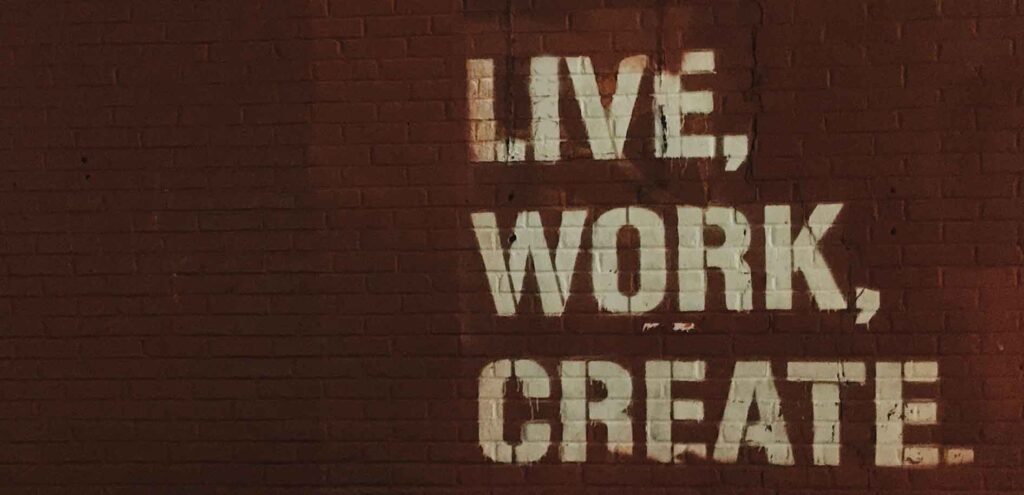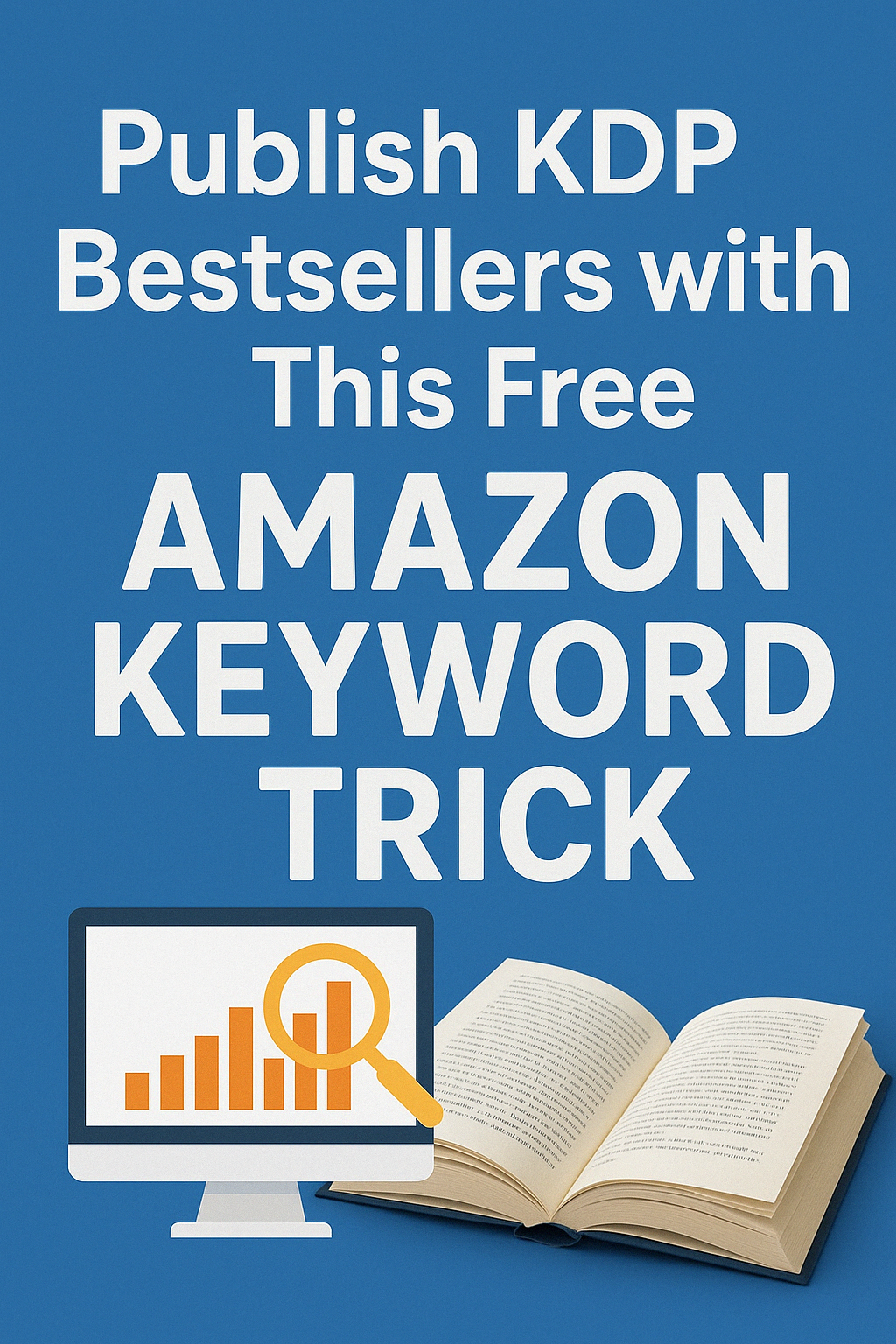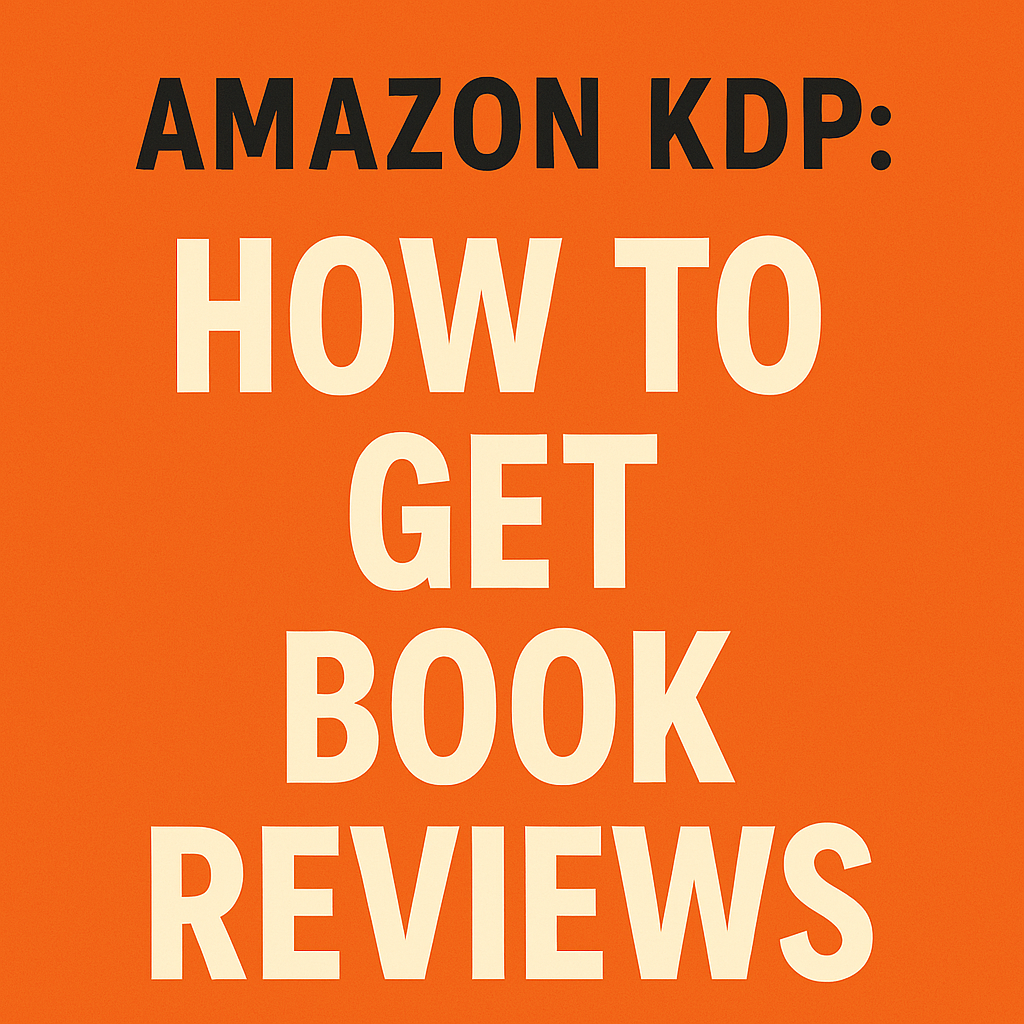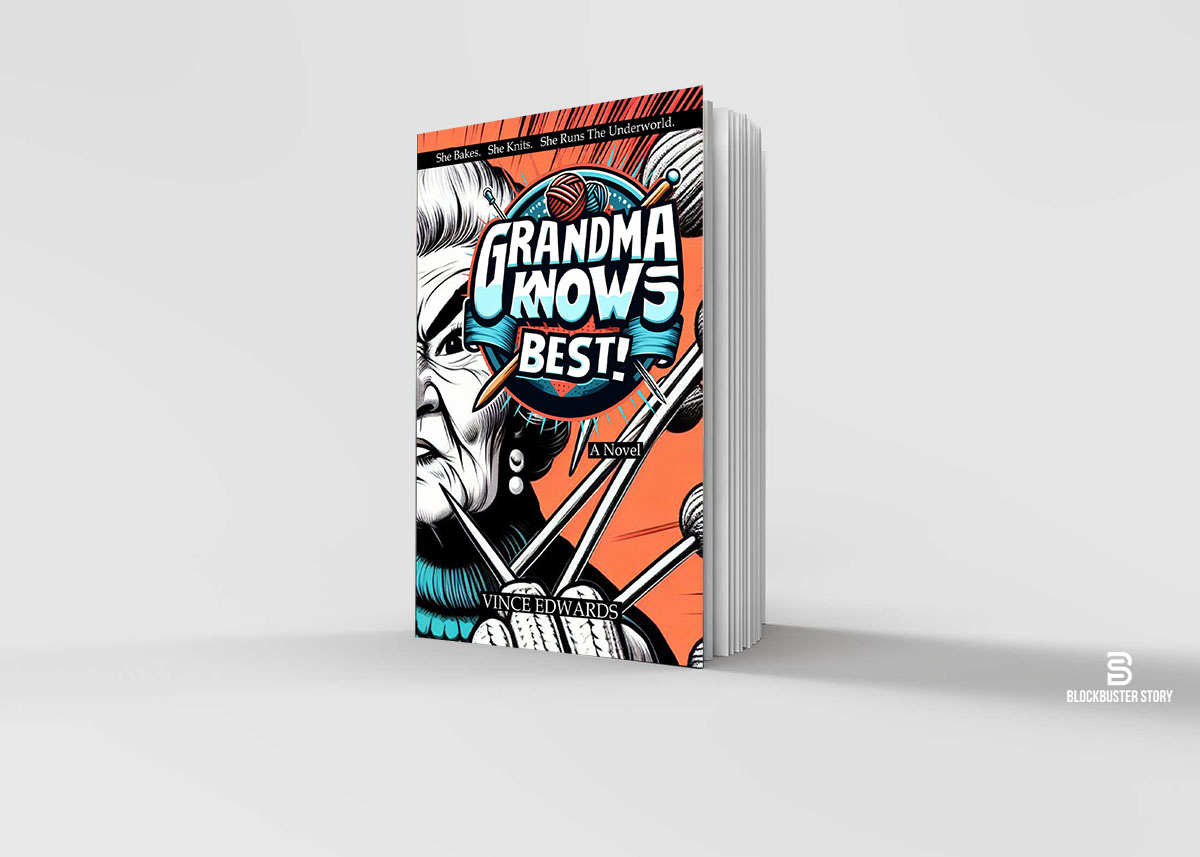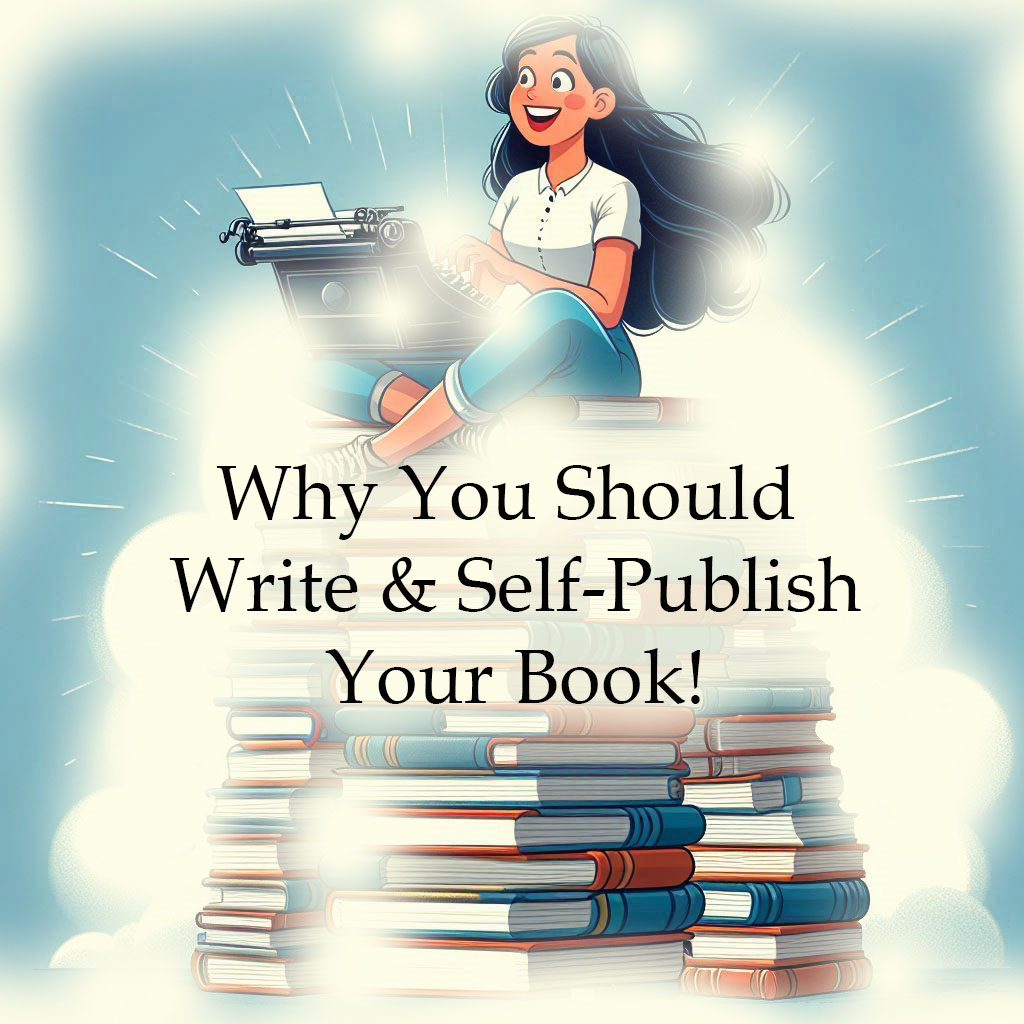The world of books is undoubtedly filled with numerous self-publishing success stories and authors are making not just making a living but even hitting bestseller lists as self-published authors.
Self-publishing is not a 21st-century phenomenon; it started several decades ago.
Beatrix Potter
One of the most inspiring stories every author needs to hear is that of Beatrix Potter.
After receiving several rejection letters from publishers for her story which she had written specifically to entertain a sick child, Potter chose to take charge of her future.
So, on December 16, 1901, she printed 250 copies of The Tale of Peter Rabbit.
Interestingly, it proved extremely successful because one of the six publishers that previously rejected it picked it up.
Fredrick Warne proceeded to sell 20,000 copies of the storybook by Christmas of 1902.
Also, Potter continued with her self-publishing adventure with her new story when she was unable to reach an agreement with Warne in 1903.
She was very specific about how she wanted the book to look like so she proceeded to publish 500 copies privately.
Warne eventually accepted her conditions and this cemented their business relationship and saved the publishing house from bankruptcy.
This development helped to transform the way people market and sell kids’ books.
Self-Publishing Success Stories
Ever since the success story of Potter, other authors have taken the bold step to self-publish their books and one of them is Louise Ross (LJ Ross).
LJ Ross has sold more than 5.5 million copies of her self-published books with 18 of her novels making the number one spot in bestseller lists.
She has turned down several offers from publishers and is a longtime user of the Amazon KDP platform.
Also, Mark Dawson has made many USA Today bestseller lists and sold over 4 million copies of his books as a self-published author.
Interestingly, one of the loudest advocates for self-publishing is Dawson.
Other successful self-published authors include Phillip Goodrich, Rachel Abbott, Rupi Kaur, Maria E Cantu Alegre and Christopher Paolini.
The Challenges Involved in Getting Publishers to Accept your Story
One of the questions that haunt most aspiring authors is; should I self-publish or go the traditional way?
Of course, this is often a big challenge when we consider the countless number of great publishers we now have.
It’s easy to just conclude that since your book appears to be super exciting, that any publisher will not hesitate to publish it and also provide attractive royalties.
Of course, this is undoubtedly the typical author’s dream.
Most authors simply believe that the royalty payments, as well as the possible six-figure advances, will enable them buy their dream home or car.
There will be TV interviews and book signing tours. In fact, the dreams are quite endless.
Most authors at the beginning of their writing career are of the view that getting their manuscript accepted by literary giants or major publishers is easy.
Generally, writers strongly believe their story is superb and people from all locations around the globe would be interested in reading it.
But sadly, the reality is completely different from this dream.
Major Publishing Houses
Did you know that many aspiring authors spend months and even years attempting to get reputable publishing houses to accept their story but end up getting a fancy rejection letter?
Unfortunately, most writers do not even get a rejection letter and they get confused about whether to keep waiting or contact another publishing house.
The major publishing houses and agents are not always eager to consider new authors.
In fact, 99 percent of all submissions are usually turned down for different reasons.
This is partly the case for established authors because some of them cannot guarantee that their previous publisher will be willing to accept their next story or manuscript.
In the event that a manuscript is finally accepted, it will still require between 12-18 months before it sees the daylight and this does not even mean it will not at the last minute get rejected or postponed simply because there is something about it that the chief editor dislikes.
The submission and rejection procedures of literary agents are often different and complicated.
When you try to contact them, most publishers fail to respond to faxes, phone calls, and emails.
Instead, some of them prefer the traditional slow submission that they would only reply after several months.
So, why would you wait for several months and years for someone to accept or reject your story after spending months writing it?
Why would you even spend more money in mailing, faxing and photocopying while trying to get your story accepted by a publishing house?
Why pay outrageous amounts of money for a specific proofreading service that an agent recommends just to make a few changes to your manuscript?
You need to take another look at the option of publishing your books by yourself!
What are the Reasons why you should Become a Self-Published Author?
The truth is that a good number of books end up selling just a few copies unless they are outstanding books.
Out of the millions of books that have been published, the number of titles that have managed to cross over a hundred thousand copies in their lifetime are just a few thousand titles.
This is why aspiring authors need to first focus on self-publishing and spend some money while doing so.
Getting an agent or traditional publishing contract has its merits and demerits and this also applies to self-publishing.
But here are some reasons why self-publishing is a better option for authors.
Allows you to Stick to your Timeline
You would need all the patience you can muster to work with the timeline of traditional publishing.
This includes some months of querying agents, going through your query letter and even querying several times again.
When you eventually get an agent then they will search for a publisher which requires more patience.
Once your story is eventually accepted, you will need to endure the timeline for a publishing house which could last for several years and you are not even guaranteed a book deal.
On the other hand, self-publishing helps you publish your book as quickly as you want.
Although it is not ideal to publish your book the next day after your second draft, knowing that you can print it after a few months of completing the story is very motivating.
Puts you in Charge of your Story and Platform
The moment a publishing house accepts your book, you will be required to sign a contract that gives them the rights to publish your book and also grant them other rights included in the contract.
In some cases, the editor will need you to change some things and this includes the book title.
But as a self-published author, you enjoy the freedom of placing a limit to the extent your editor can edit your book because it is still your book.
You choose your book cover, the price, languages and locations where it would be distributed.
Higher Royalties
CreateSpace gets about 40 percent for authors selling their paperback on their platform.
On the other hand, publishing houses take about 85 percent while your agent enjoys a larger part of what is remaining (about 15 percent).
The summary is that you end up with just enough money to settle your rent on a cardboard box you end up living in.
When you sell a million copies of your book as a self-publishing author, you will enjoy about 60 percent royalty and that is enough reason to avoid publishing houses.
New Trends in Book Publishing
We live in a world that witnesses rapid changes and the book publishing space is not left out.
Presently, self-publishing authors now stand a chance to enjoy more benefits courtesy of Print-On-Demand services now available in addition to free eBook distribution.
It is no longer compulsory for you to be in a bookstore to be a successful author because one in three books you will find on Amazon are self-published.
No one really cares who published a book or how it was published – what people care about now is how good your book is.
Regardless of how a book is published, if it is going to explode, it will certainly explode!
You are Involved in Marketing Regardless of your Approach
Whether your book gets published by a publishing house or not, you will need to market your book.
Well, a publishing house sometimes assists with PR as well as reviews, but this is not always the case for all of them.
With the way things are changing, you will have to create a marketing plan to impress or influence a publisher to choose you.
But the possibility that a publishing house might promote you is not sufficient reason to ignore all the benefits of being a self-publishing author we just discussed.
By publishing your story yourself, you can significantly influence its visibility by strategically and effectively promoting it.
Strong Belief in Yourself
Take a moment right now and get an index card. Now, write “I am a bestselling author” on the card and stick it to your fridge.
Always read it every time you open the fridge and if you wholeheartedly believe that you can achieve something meaningful, then it will eventually happen.
The fact that you were able to complete a writing project and create a book is proof that you are an organized and driven person.
This also means that as long as you adhere to the right steps needed to successfully self-publish your book, you will make good sales.
You can find unlimited resources on self-publishing and effectively marketing your story on the web.
So, you have all it takes to be sure that you can self-publish your book without forfeiting control, time and royalties.
If 50 Shades which was self-published can do it, then you can certainly do it!
Overcoming the Challenges of Self-Publishing
While self-publishing has become an excellent option for many authors courtesy of the internet, it has also resulted in several challenges which every writer must deal with to become successful.
If anyone claims that self-publishing is devoid of any challenges, then you are listening to the wrong person.
Just like everything else in life, it has its merits and demerits and your success in this space depends on your ability to deal with these challenges.
There are four major issues that you are going to face when trying to self-publish.
Most aspiring authors would agree that these are the major challenges that need to be handled to successfully self-publish a book.
So, how do you deal with them? Well, the solution is not really an easy one but here are some tips that have proven over time to work.
Costs
One thing you will have to battle frequently as an independent author is how much you need to spend on your books.
Publishing via an independent company or self-publishing is entirely free and this tends to entice people at the beginning.
First, you need a good book cover because people will never stop judging a book by its cover and even when you can easily design one yourself, always ensure you get a quality one which might cost you some money.
Also, you need to edit the book and one remarkable difference between traditionally published books and self-published books is bad editing.
So, how do you keep spending more funds on your book that will only result in a few sales each month if you are fortunate?
One other major money pit for self-publishers is marketing.
Of course, there are free promotional websites and it is often a smart move to use tools like Goodreads, Twitter, Pinterest, Instagram and several others.
But there are several sites that target indie authors who are desperate to ensure that their book becomes more visible.
How then do you know if using their services is worth it, especially when we consider the fact that paying for promotion does not in any way guarantee more sales?
You will find these ideas helpful:
-
First, take a closer look at different books in your niche. Identify the best book covers and find out what they all have in common and take note of all these points when discussing your book cover with a professional. You can also use such points as guidelines when creating the book cover yourself.
-
If you are unable to pay professional editors, you can settle for beta readers, friends or social media contacts. What you need is a group of educated persons (two or more) with at least a degree. It would be better if they have relevant work experience or at least a degree and they should also be obsessed readers.
-
Avoid depending on your judgment when it comes to when your book is set for publication.
-
While promoting your book, spend more time accumulating likes and followers on free social media while paying once for paid marketing sites.
Audience
One of the major sources of frustration for self-publishing authors is the audience.
Who are your primary audience and where can you find them?
What are the things you intend to do to find them and what are the ways to lead them to read your story?
What if you are unsure of the specific genre your book is?
Although it is often hard to get answers to these questions, being able to answer them will help you excel as a self-publishing author.
While thinking about your audience, you must become visible and this means you need to take your social media pages seriously.
Consider the tips below:
-
How do your social media pages look like? Interesting, active or eye-catching? You may not have all these qualities, but you can focus on at least three and ensure they are busy and engaging.
-
Engage in activities that can drive traffic and followers to your pages via the content you share – thought-provoking and interesting blogs and videos.
-
Also, share your work and remember to go through people’s comments.
-
As much as possible, write articles, blogs, etc. and bear in mind that this is an excellent way to attract potential readers to your book.
Reviews
Your book title, front cover and synopsis can actually attract readers to your book but what eventually seals the deal are your reviews.
It is not compulsory to have only five stars, instead, a mix with more higher ratings than low ones is preferable.
People often have little or nothing to motivate them to pay for a book when there are no reviews.
Go through these points to help boost your review:
-
Seek the assistance of your social media connections as well as friends and family.
-
You can also offer your book for free in exchange for honest reviews. Always ensure that you are not interested in favors but honest reviews.
-
Gently remind those who already purchased your book to leave a review since it will help you sell more.
-
Consider suggesting your book to different book clubs either for free or in exchange for reviews by the whole members of the club.
-
Always make efforts to connect with other writers because writers are readers.
The Challenge of Self-Publishing
You will also need to consider the same thing that encouraged you to self-publish your book in the first place.
It is quite empowering to publish your book without the numerous bottlenecks involved in being accepted by a major publishing house and this explains why many talents out there are self-publishing their books.
But the increased number of talented indie authors also has a significant impact on you – how exactly will your book stand out?
If readers believe that anyone can easily self-publish their book, then how do you intend to convince them your book is outstanding?
How exactly do you intend to convince readers that you are not another wannabe embarking on an easy route but a true talent?
Another challenge of self-publishing has to do with the strong perception that traditionally published books are superior to self-published books.
To overcome this major issue, you need to increase the quality of your book by ensuring quality content.
This implies that you should also focus on all the other points – target your audience, increase the quality and number of reviews and spend wisely while promoting and ensuring quality books.
Go Ahead and Publish Your Book Now
You can self-publish your book without spending much.
Several years ago, authors struggled to print a few hundred copies of their book and promote them to relatives, colleagues, bookstores and friends.
However, this is not really practical for everyone and it also limits the location where people can sell their books.
But things have changed as you can now leverage the concept known as “Print on Demand” (POD) as well as the electronic formats.
By leveraging this new concept, you can make your books available on Kobo, Kindle, Apple and several other platforms in paperback as well as other eBook formats.
What this also implies is that you will never run out of hard copies of your book and with the limitless possibilities of the internet, you can promote your book worldwide.
So, start by testing the waters – explore your ability to showcase yourself as a top author by starting with small books.
With the increase in the available information on the internet, people are more comfortable with information that is concise and simple.
Take Action Today!
So, write something that will fill a void and a need – what people truly want.
Make your cover and title catchy and remember, an author will always be an author; whether your book is four hundred pages or just 50 pages.
It is undoubtedly a better option to make efforts in publishing your book as fast as possible instead of waiting endlessly for a top publisher or agent.
Always bear in mind that the sooner you make your book available worldwide, the faster you can begin to sell it and make good money.
If your book must be rejected, it should be from the readers and audience that you wrote the book for instead of being delayed or even killed by agents and publishers.
While encouraging you to self-publish your book, it is equally vital to let you know that it is not entirely without challenges.
You need to embrace all four challenges we just discussed and understand that they are not going away.
If you must succeed as a self-published author, then you need to work on all four points.
Never stop writing – keep making efforts, continue to learn and stay positive!
Miss Potter Movie
In the movie, Miss Potter, we follow the journey of a young Beatrix Potter, a woman with a passion for writing and illustrating children’s books.
Despite facing rejection from publishers, Beatrix refused to give up on her dreams. She kept writing, kept drawing, and kept believing in herself.
The story of Miss Potter reminds us that success is possible if we remain dedicated to our craft and persevere through the obstacles.
So take heart and keep writing. Your work has the power to touch lives and make a difference, just like Beatrix Potter’s did.
Believe in yourself, stay true to your vision, and who knows? You may just be the next self-published author to make it big.

